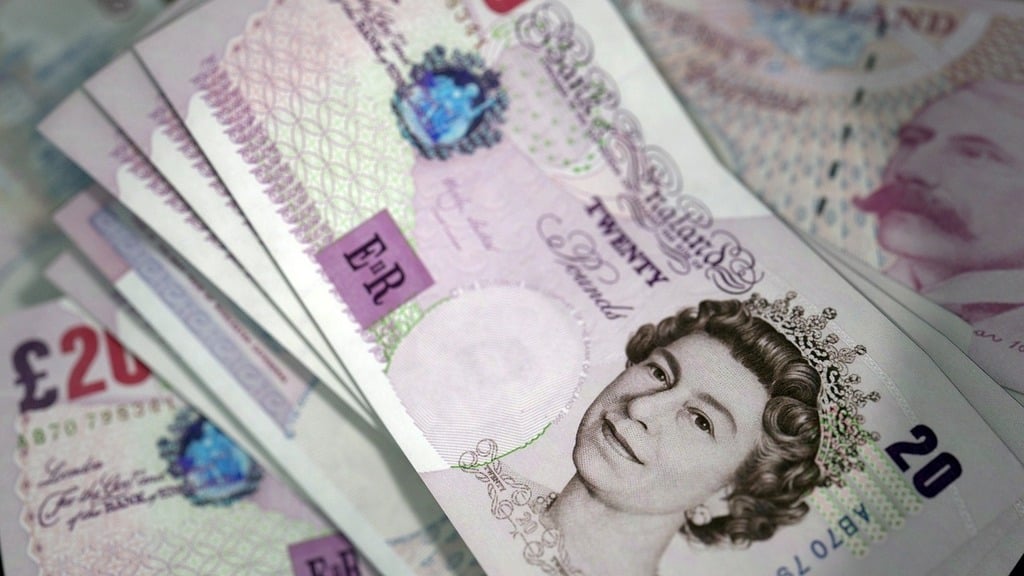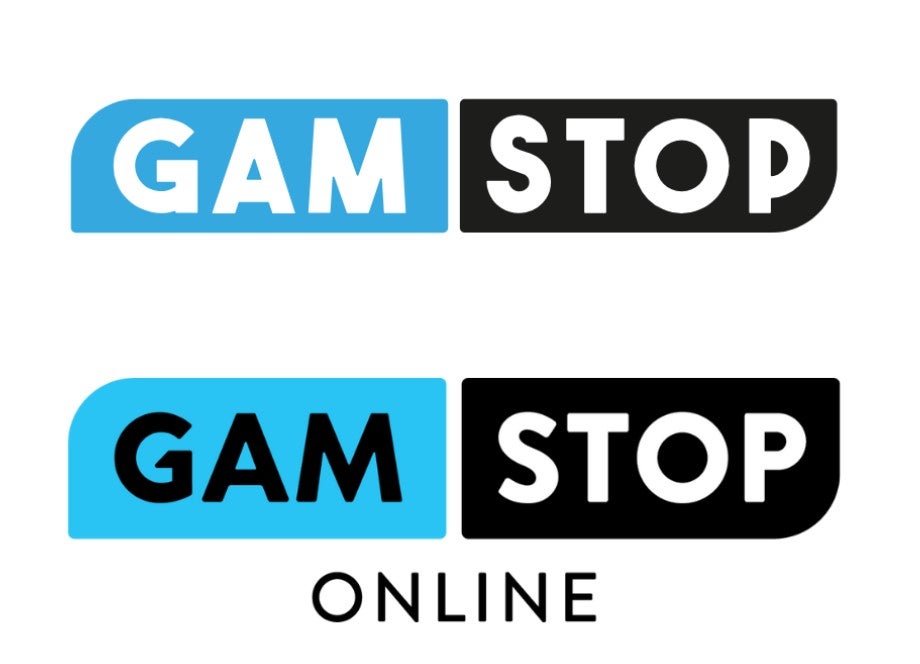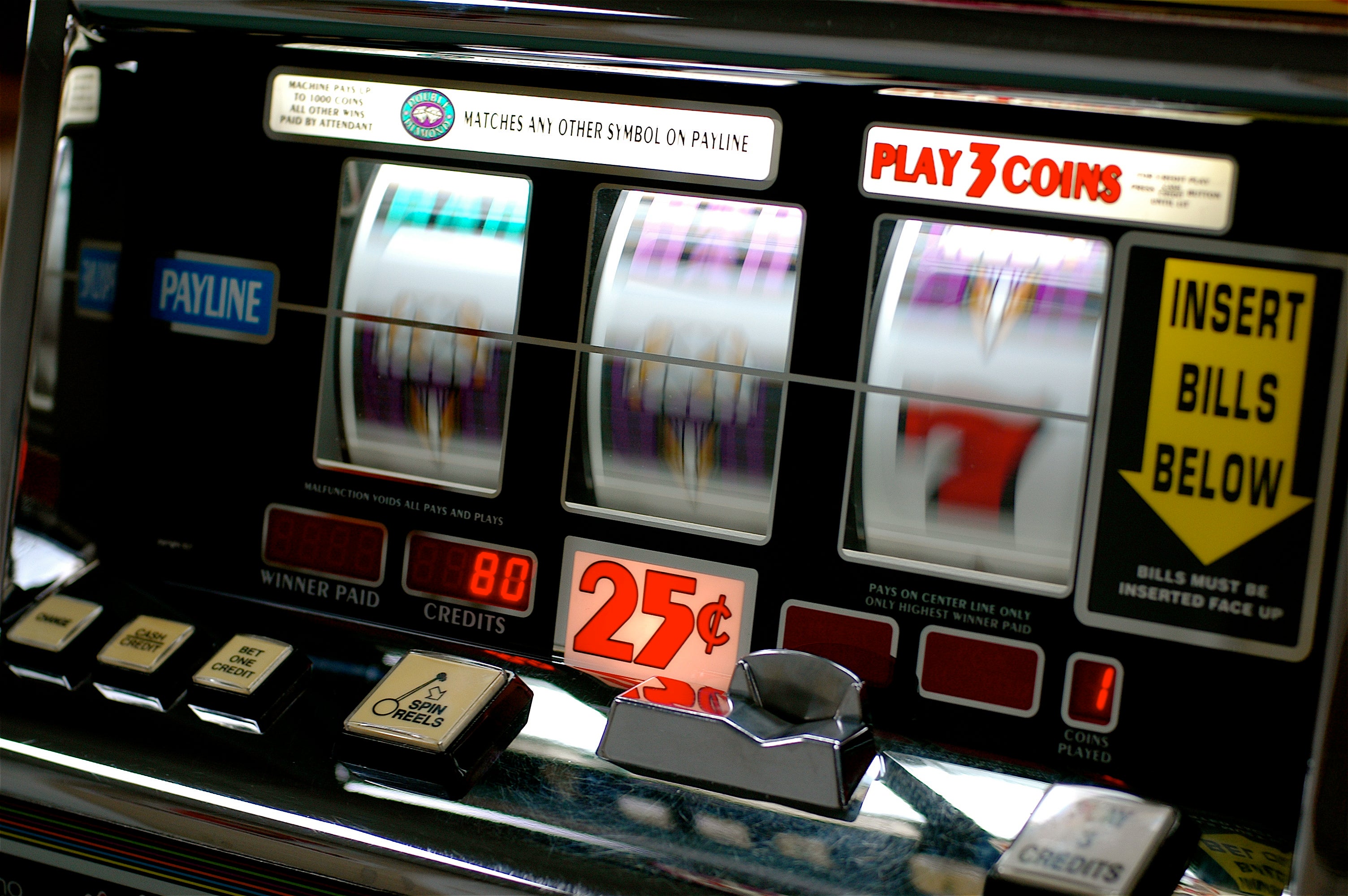Not so fast…
While the sports betting fad already swept the nation, online casino gaming is only legal in seven states. Two of those include states near Maine, New Jersey and Pennsylvania.
Legalizing online casinos could have a positive tax impact on the state with other legal jurisdictions claiming hundreds of millions in revenue. However, critics argue that the growth in online gambling would only cause a decline in retail casinos’ business.
“It’s going to diminish the opportunity for revenue,” said Oxford Hills Chamber of Commerce Executive Director John Williams, whose jurisdiction contains the Oxford Casino. “It’s going to diminish the opportunity for people coming into Oxford Hills.”
Williams’ chamber suggested that legalizing online casinos could strip the states’ retail casinos of $67 million in annual revenue and 400 permanent jobs.
The chamber also argued that online gambling expansion should only be determined by voters, not legislators. As a result, it launched an advertisement campaign that opposed the bill.
“Kids gambling away thousands,” the ad says. “And Augusta wants to throw fuel on the fire by expanding gambling; putting a casino on every phone in Maine.”
Goals of the bill
The bill outlines a system that would directly benefit Maine’s Wabanaki Nations, which would be granted sole control over internet gaming contracts. The tribes argue that expansion would not work to the detriment of retail facilities and would help provide them with much-needed revenue.
16 percent of online gaming tax revenue would also go to the state’s gambling addiction prevention programs, veteran housing, and opioid abuse treatment.
“More than ever, we need new sources of revenue to help Sipayik get through the challenges ahead,” Chief Pos Bassett of the Passamaquoddy Tribe at Sipayik said.
One of the biggest motivations for supporters of the bill is their belief that online gambling is already happening—just illegally. Creating a regulated market would increase customer safety and benefit the state’s and tribes’ coffers.
“Those revenues should be benefiting Mainers, not shadowy offshore companies or whoever runs the many apps that are currently available for illegal internet gaming,” Chief William Nicholas Sr. of the Passamaquoddy Tribe at Motahkomikuk said.
The bill was already approved by a committee. It needs approval from the state House of Representatives and Senate before it may go to the Governor’s desk, where it could be signed into law.


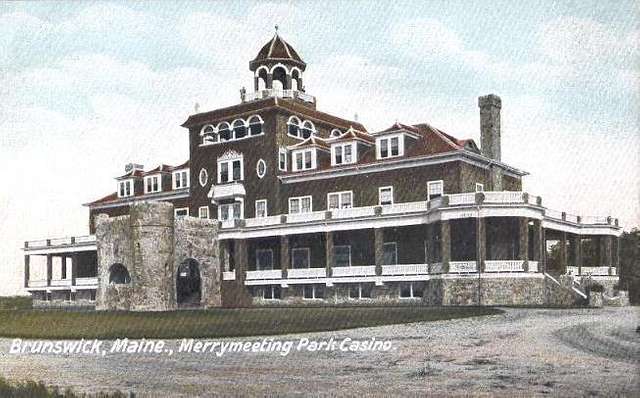


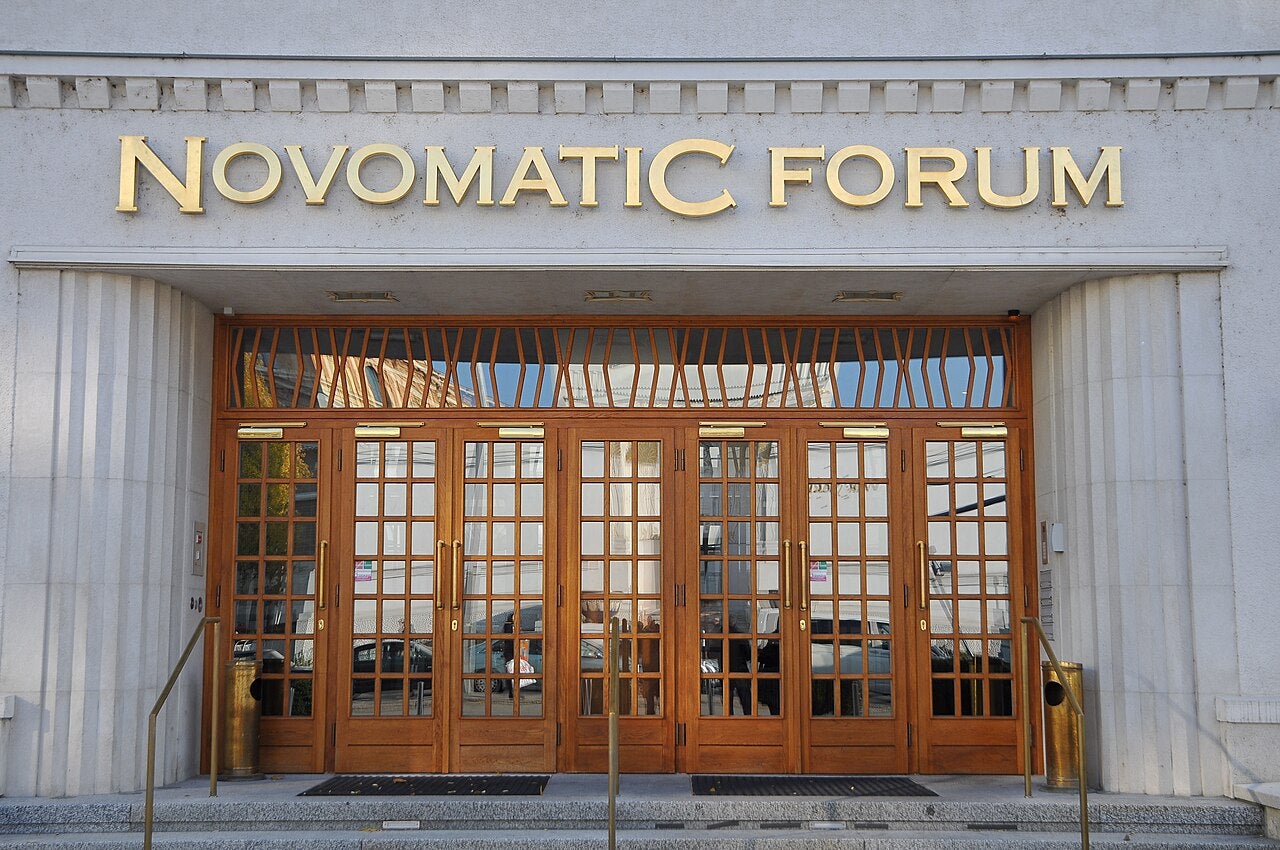



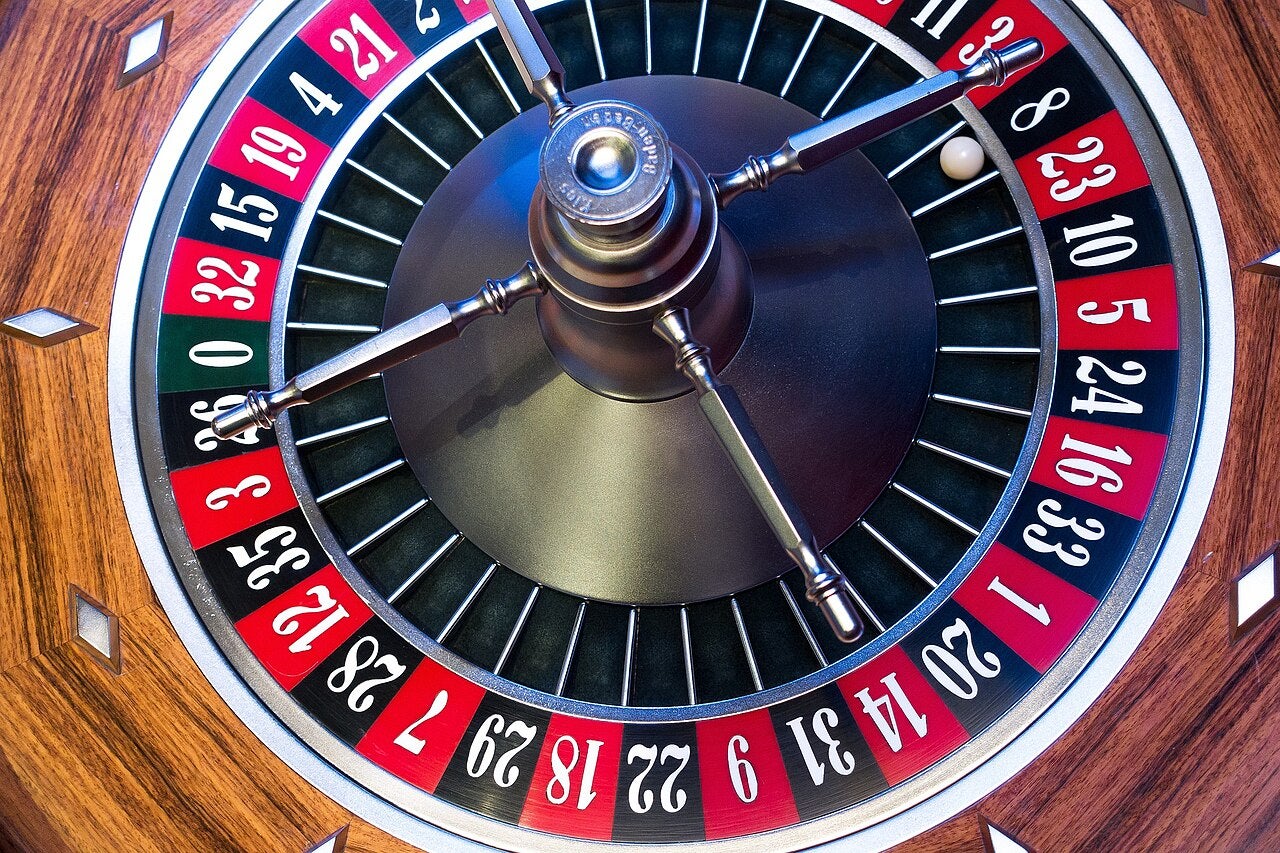






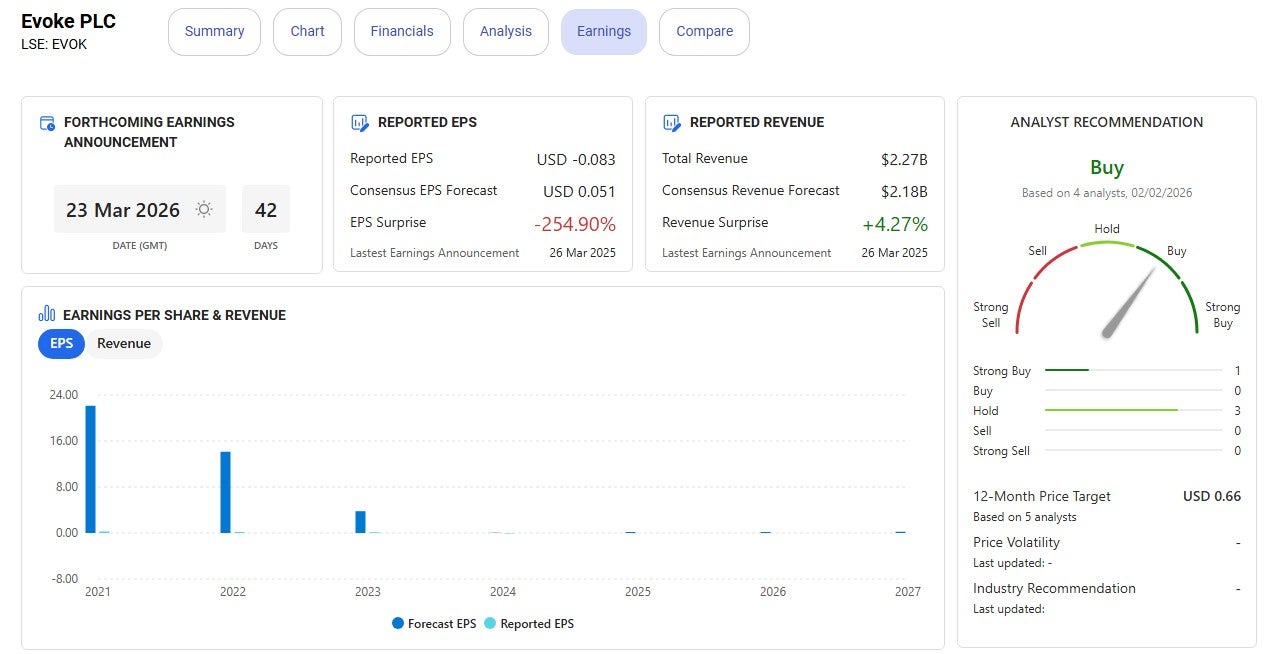


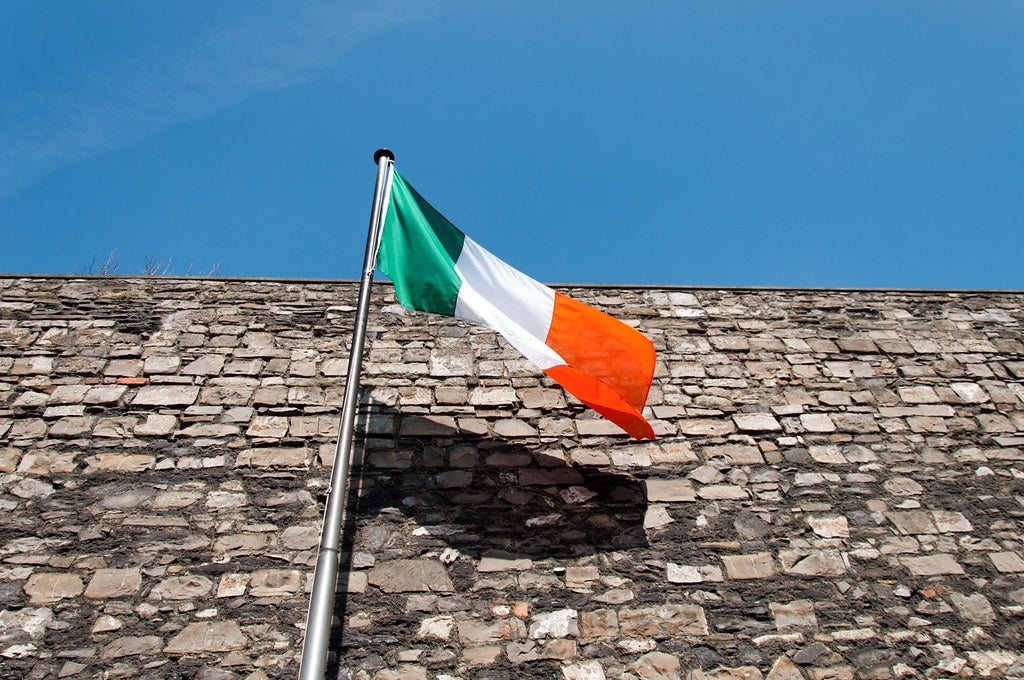

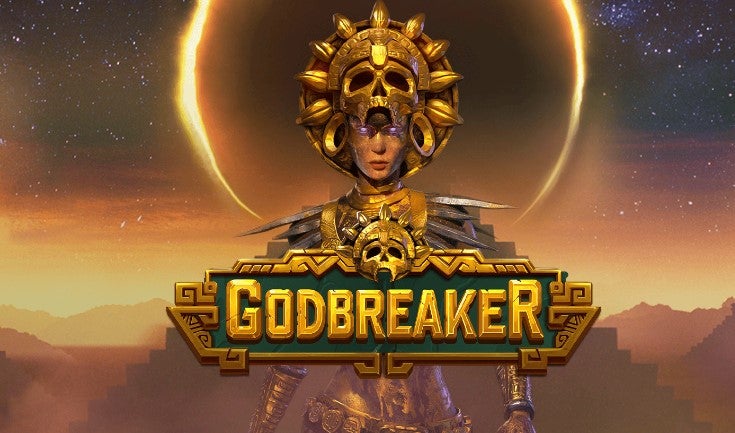
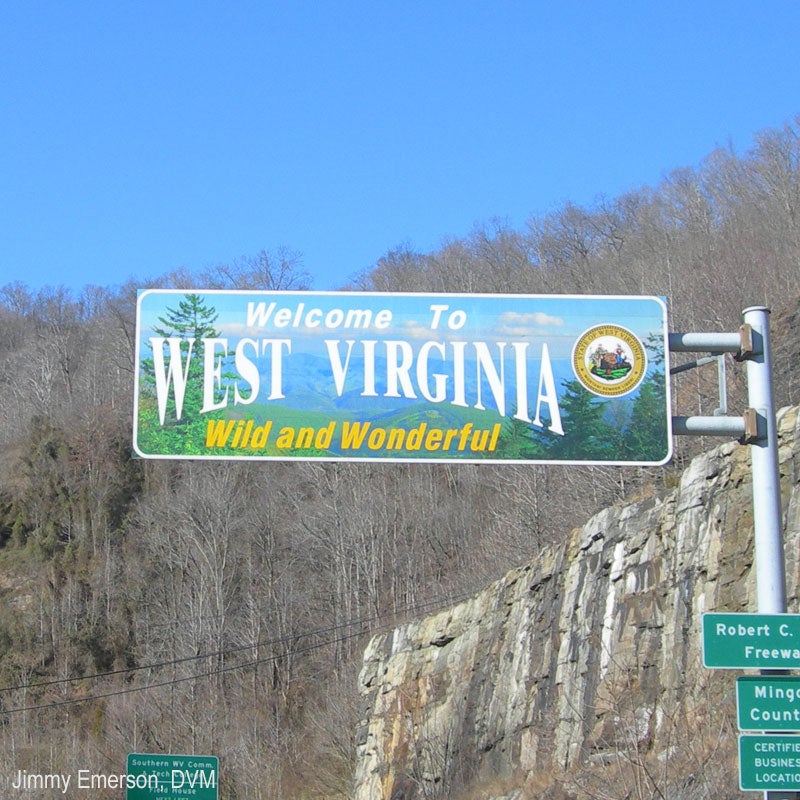
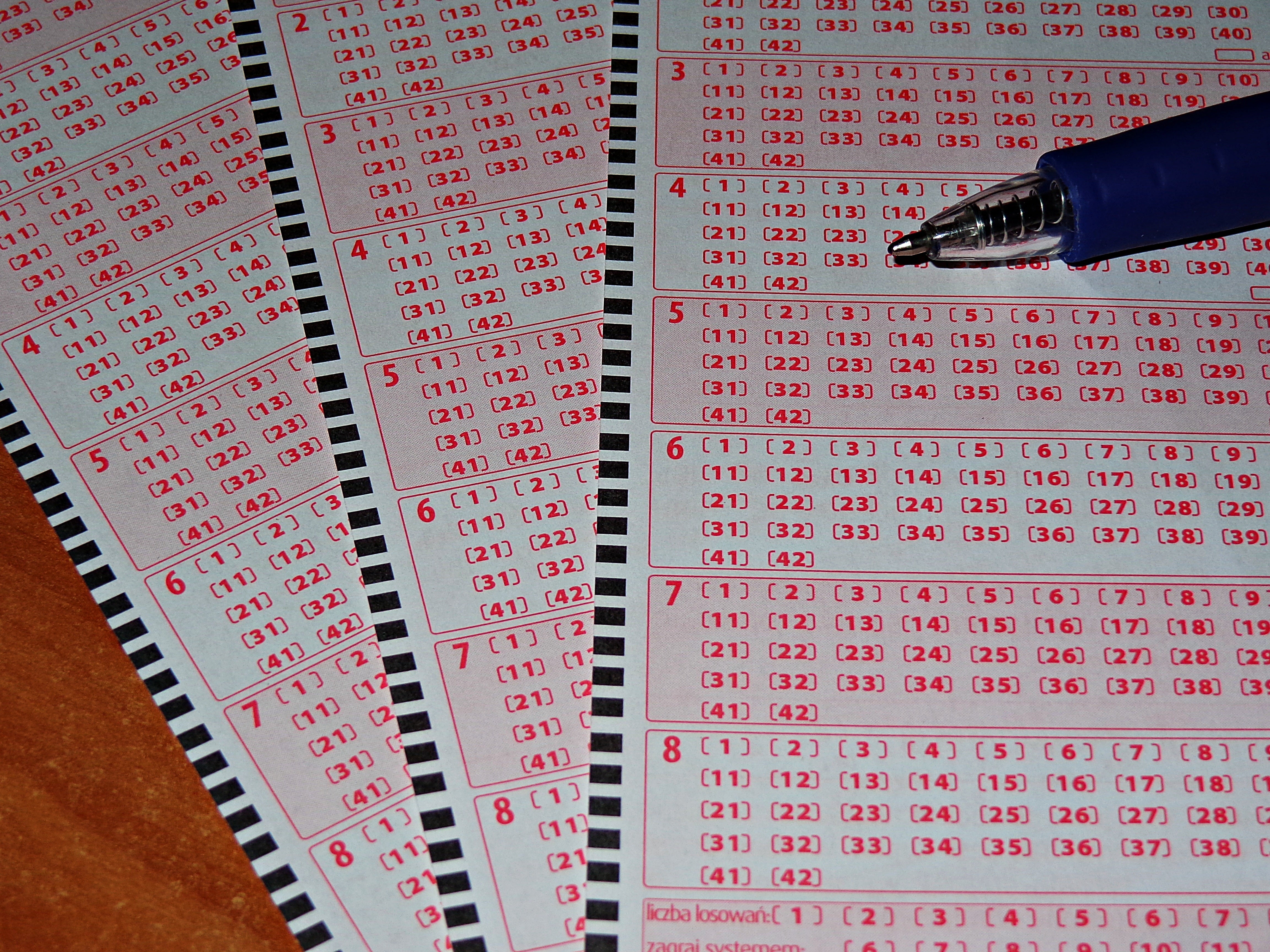
.jpg)


